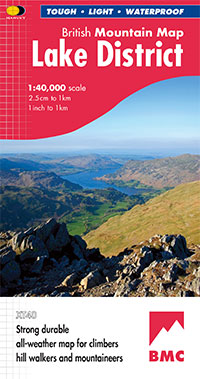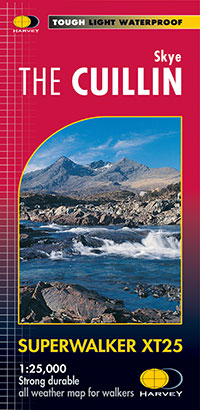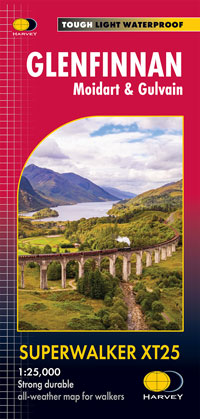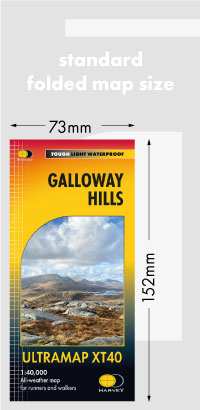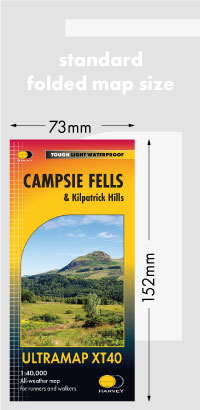October 2018 - The psychology of getting lost
by Nigel Williams
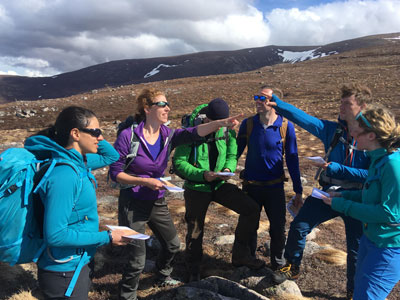
Most people have vivid memories of being lost. They can recall the situation in remarkable detail because of the fear and stress of the situation. But why should it create these emotions? It may go back to the Stone Age when there were real threats out in the woods. However, common modern day experiences may also have a part to play.
Ask any group to recall the very first time they had a frightening experience of feeling lost. In a supermarket as a toddler and separated from a parent is a common response.
So first we have a state of high anxiety and a feeling of isolation and the unknown. There are a number of common responses to the situation at that age. Standing crying is the most common, but “fright and flight” can kick in sending adrenaline to the legs resulting in a frantic running around the aisles (more likely to be the parent).
When found we may witness facial cues and expressions of relief, even tears, the like of which we have not seen on the parent before, making us subconsciously aware that this has been a big event. (Decades on people often remember detail such as the dress their mother was wearing.) Lastly we often get a serious telling off just to compound the awfulness of the whole episode. Then for the next decade of our lives we are exposed to fairy tales about being lost in the woods.
It seems hardly surprising that all this sets off high levels of anxiety and emotion which interferes with rational thought and actions. It is embedded in us at an early age. Unfortunately in the outdoors it may be backed up with limited or unpracticed navigation skills.
In reality we are usually misplaced rather than lost. We generally know we are somewhere on the map and not in genuine danger. Getting lost might result in being late or a long walk back to the car but the only harm done is usually to our ego.
From personal experience though, getting lost seems to help practice the skills and diminish the anxiety, unless you are leading a group!
Return to the Navigation Blog
 FREE UK tracked delivery
FREE UK tracked delivery Order by 12pm Mon-Fri for same day dispatch
Order by 12pm Mon-Fri for same day dispatch


